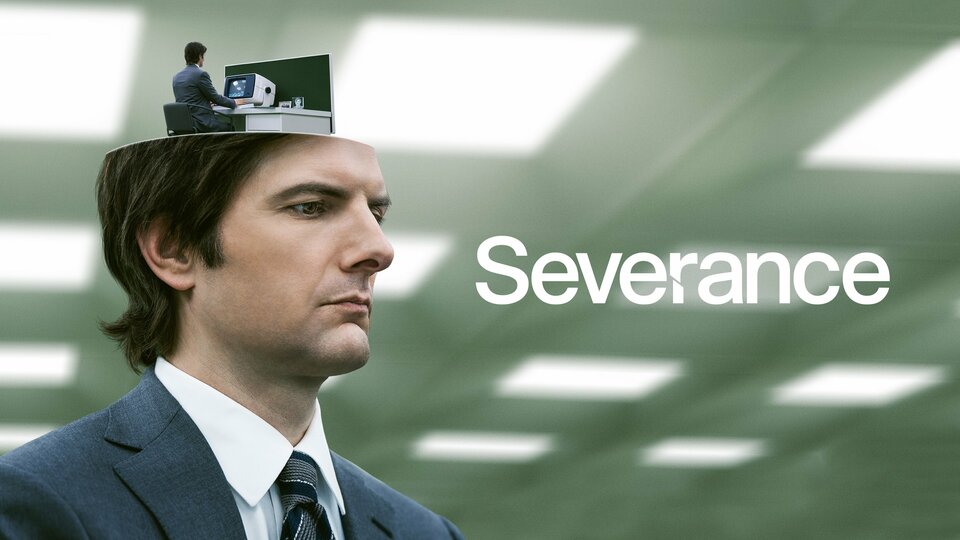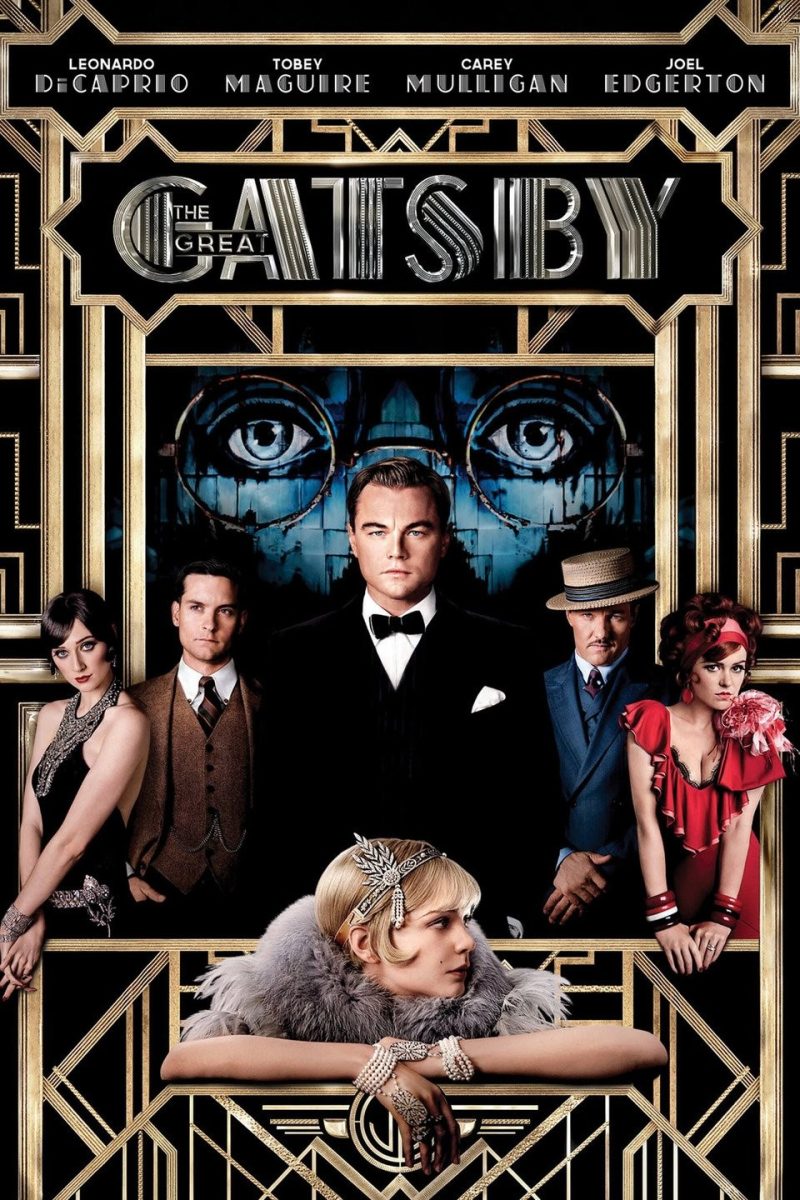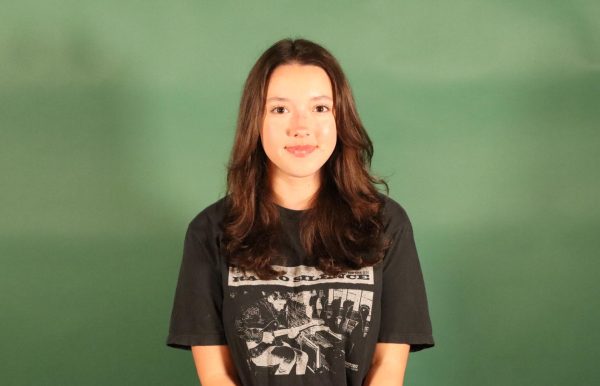If you had a chance to never work a day in your life again, would you take it? What if, in doing so, you had to split your brain into two entirely separate consciousnesses? Would you still do it?
Apple TV’s “Severance”, created by Dan Erickson and directed by Ben Stiller, is a thought-provoking series that revolves around characters who answered “Yes” to those questions and the complications that arise from that decision.
The series takes place in a dystopian world in which employees at a major company undergo a controversial procedure that surgically separates their work memories from their personal lives. This splits their identity in two, creating a completely separate persona that takes control of their mind in their workplace. As the show develops, it explores the complexities and identity crises that come from this division.
“Severance” is a stark portrayal of how people are affected when work dominates their every waking moment and how personal identity is sacrificed for the sake of productivity. Its premise is greatly exaggerated, yet eerily possible.
When analyzing how this series reflects issues in the modern world, it would be difficult not to recognize the parallels between the characters’ avoidance of labor and the real-life dependence on artificial intelligence.
“Severance” portrays its characters’ choice to avoid work and make something they see as less human do it instead.
It’s no secret that artificial intelligence has become many people’s escape from work. It provides a way to get work done without ever actually putting in effort. This is the exact purpose of the Severance procedure depicted in the series.
Some concerns regarding AI revolve around the idea that it may, one day, gain consciousness. It’s difficult to know if these concerns have any validity, seeing as people do not yet know the full abilities of AI.
This fear of a so-called lesser being developing a consciousness is also prominent in “Severance”. The severance procedure is depicted as a new development in science that many people are skeptical of.
In representing this aspect of the real world, “Severance” illustrates the lengths to which people are willing to go in order to avoid the overwhelming demands of the modern workplace, as well as the frightening consequences of this avoidance.
The show’s themes are supported strongly by the incredible performances of the cast. The show’s premise poses a challenge to its actors in that it essentially requires them to play multiple versions of one character, which the cast must switch between from scene to scene.
Leads Adam Scott and Britt Lower do an exceptional job of portraying this division. Through microexpressions and mannerisms, these actors really do make the audience feel the stark differences that arise from each character’s split conscience.
The unsettling themes of “Severance” are perfectly matched by its cold, sharp cinematography. Cinematographer Jessica Lee Gagné uses shades of blues and greens, bright fluorescent light, and perfectly curated camera movements to capture the chillingly corporate essence of the show.
“Severance” poses an incredible concept with an even better execution. Its critical commentary on our modern world makes it one of the most compelling shows in recent years. With the show only having two seasons so far, there is definitely great potential for the future of the series.


















